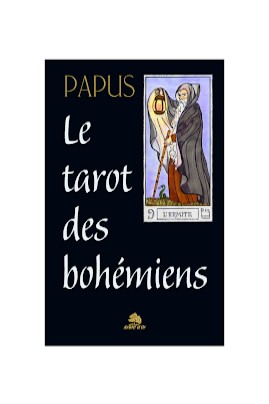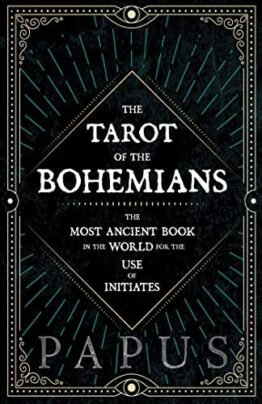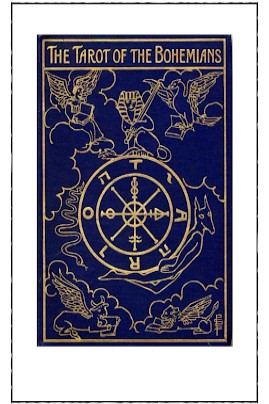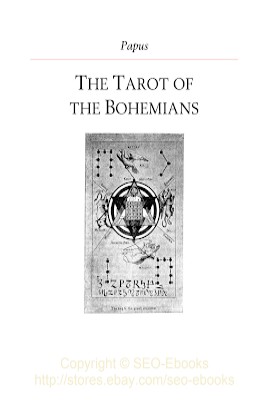The tarot of the Bohemians the most ancient book in the world
The Tarot of the Bohemians is a book on the history and symbolism of the tarot, written by Papus (Gérard Encausse) in 1889. It is considered to be one of the most important works on the tarot, and it has been translated into many languages.
The book is divided into two parts. The first part discusses the history of the tarot, its symbolism, and its relationship to Kabbalah. The second part provides detailed interpretations of the 78 tarot cards.
Papus’s interpretations of the tarot cards are based on his own personal understanding of the cards, as well as on the work of other occultists such as Eliphas Levi and Stanislas de Guaita. His interpretations are often complex and esoteric, but they are also thought-provoking and insightful.
The Tarot of the Bohemians is a valuable resource for anyone who is interested in learning more about the tarot. It is a comprehensive and informative book that provides a wealth of information on the history, symbolism, and interpretation of the tarot cards.
Here are some of the pros and cons of The Tarot of the Bohemians:
Pros:
- Comprehensive and informative
- Well-researched
- Insightful interpretations
- Based on a solid understanding of Kabbalah
Cons:
- Can be complex and esoteric
- Not as easy to read as some other tarot books
- Some of the symbolism may be unfamiliar to some readers
Overall, The Tarot of the Bohemians is a valuable resource for anyone who is serious about learning about the tarot. However, it is important to note that the book is not as easy to read as some other tarot books, so it may not be suitable for beginners.
If you are interested in learning more about the tarot, I recommend starting with a more introductory book such as The Rider-Waite-Smith Tarot or The Essential Guide to the Tarot. Once you have a basic understanding of the tarot, you can then move on to The Tarot of the Bohemians for a more in-depth look at the cards.


 Đang tải dữ liệu
Đang tải dữ liệu












Chia sẻ ý kiến của bạn